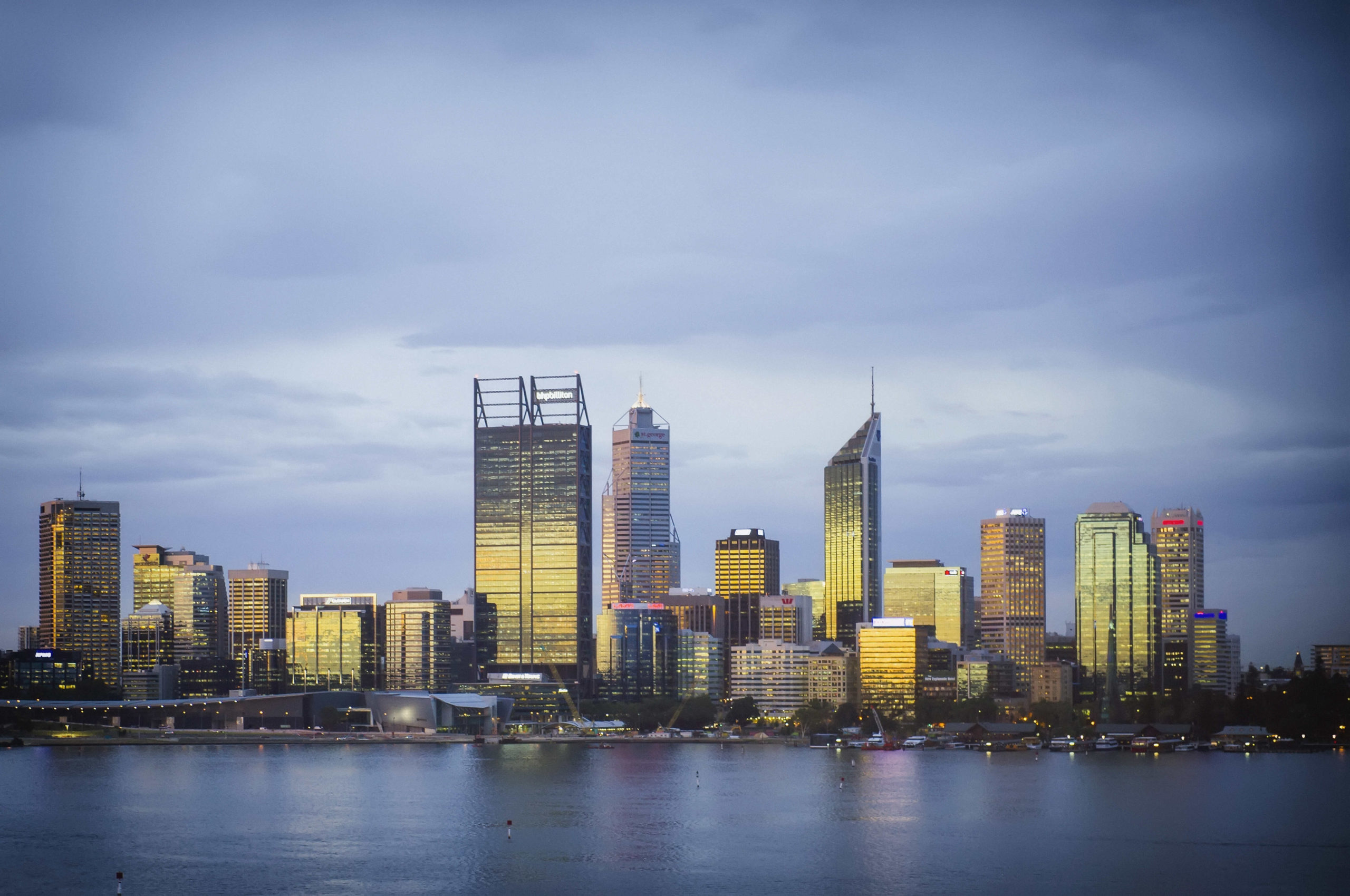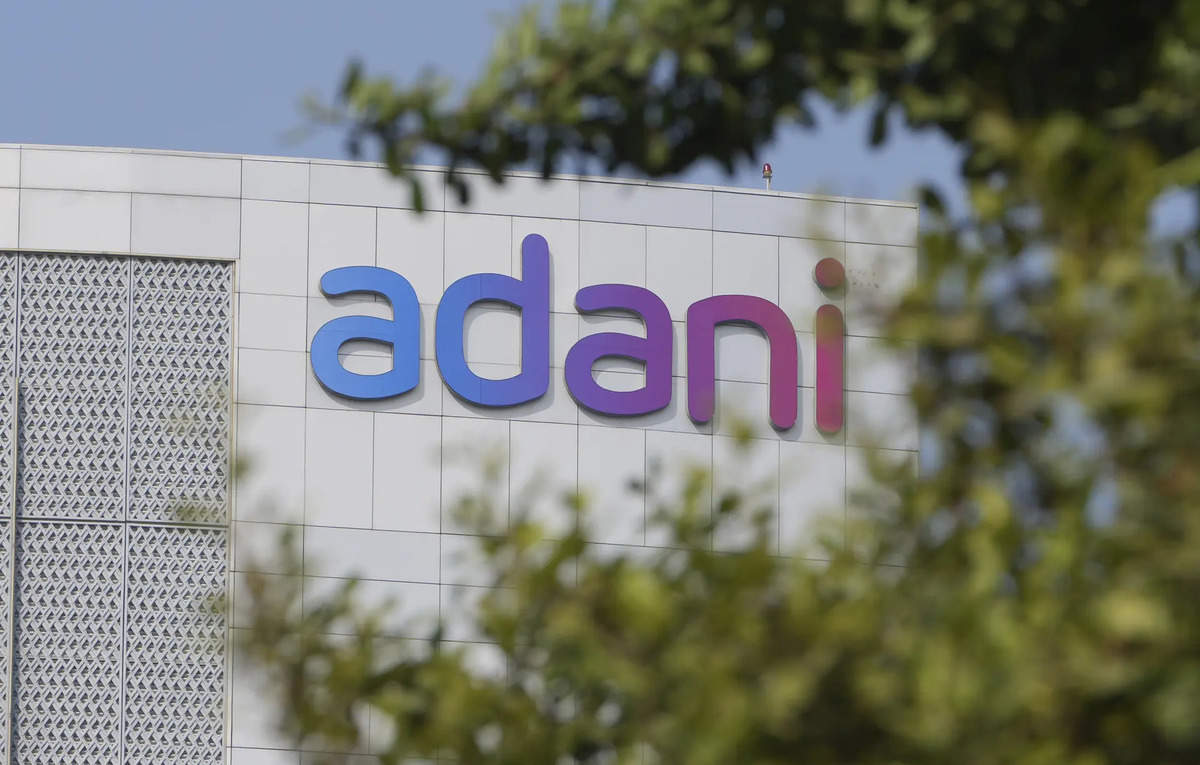For 20 years, Bus Finance Australia has provided a helping hand to many Victorian and national bus operators, big or small. When finance director Brett Collins first decided to establish the business in 2004 from scratch and provide a funding offering for bus operators, the idea was to start and create specific finance packages to suit bus operators’ requirements.
Now, two decades on from Collins’ initial foray, Bus Finance Australia has officially become its own independent entity and has grown from a Victorian service to a national bus industry financial pillar.
- Subscribe to our free weekly newsletter to receive the latest news and classifieds from Australasia’s bus and coach industry
- Don’t miss a second and subscribe to our monthly ABC magazine
Following this, Collins is turning his focus towards the next stage of innovation in the industry.
“We can now confirm that Bus Finance Australia is truly independent and runs as its own entity,” Collins told ABC.
“We used to be part of the Bus Association of Victoria’s (BusVic) suite of businesses, but now we run independently.
“Alongside our new entity in EV Infrastructure Funds, we are up and operating as our own successful business.”
With the new-look Bus Finance Australia, the EV Infrastructure Fund adds another dimension to the business’ capabilities. While Bus Finance Australia will continue to look after the usual day-to-day bus finance and business purchases for operators of all sizes, the EV Infrastructure Fund side will focus on all associated capital relating to the infrastructure required to support zero-emissions vehicles.
Whether it be battery electric vehicle charging or hydrogen fuel-cell bus infrastructure, the EV Infrastructure Fund will be available to help fully fund operators as they make the sustainable switch.
“Our EV Infrastructure Fund has its own dedicated pool of funds that isn’t bank aligned and is designed to support bus operators for this transition,” Collins says.
“It’s been established specifically to assist bus operators and will offer significant features and benefits that a traditional financier isn’t able to do.”

The latest move from Bus Finance Australia, who was formerly known as BAV Finance when part of the BusVic family of businesses, will see it build on more than $850 million in finance transactions it’s made to support the bus industry. With an end goal in place to become the leading financier for Australian bus operators, the EV Infrastructure Fund will replicate the brand’s approach of providing financial services for both the single bus operators and the largest of corporate businesses.
This new fund will help bus operators all sizes but will provide significant support to larger bus operators and governments while remaining as a key tool assisting tenders.
Collins says the fund comes about after Bus Finance Australia identified that zero-emissions buses have become a popular model of choice for operators. He sees the funding of electric and wider zero-emissions models and their infrastructure to be a natural progression for both the industry and Bus Finance Australia.
“We’ve seen where Australian governments want operators to go to regarding the transition and we’re helping to support them on their journey,” Collins says.
“The EV Infrastructure Fund will provide, in most cases, 100 per cent funding for all associated equipment and infrastructure involved in supporting electric and hydrogen buses.”
This includes depot renovations and modifications, alongside standard charging equipment, energy equipment, batteries, fuel cells and hydrogen refuelling infrastructure, all falls under the fund’s umbrella.
Collins says there are currently “tremendous gaps” in the state of zero-emissions bus infrastructure, with many operators unable to transition their fleet due to the heavy costs involved. By offering specialised financial support through the fund, Bus Finance Australia is aiming to develop competitive funding alternatives to arrangements offered by zero-emissions infrastructure vendors.
These options are then included in complete financial packages that support operators, ensuring that operators can take their time in finding the right zero-emissions vehicle and infrastructure funding models to support bus operators and their cash flow.
“We naturally identified a big target market last year with the evolution that is underway and that each state government wants to see regarding the transition to zero-emissions vehicles sooner than later,” Collins says.
“We partnered up with a private capital fund that’s supplying funding for the support of the green energy market.”
In terms of how it works, Collins says the EV Infrastructure Fund acts as a normal financial assessment before being streamlined to determine the requirements of zero-emissions infrastructure contracts or agreements. Whether it be private operators, companies completing school and charter work or popular metro businesses, the fund can structure the appropriate finance terms to match the requirements of operators for cash flow.
“Our sample size for this area of funding models is small but currently growing quickly,” Collins says.
“We have enquiries increasing regularly. We can help with sourcing the correct electric vehicle infrastructure, knowing who to talk to and identifying alternative suppliers and manufacturers for operators.”
As part of the fund, Bus Finance Australia also has its own list of recommended businesses that it uses to recommend the right vendor for operators. This list is now part of its overall funding package that it uses to support operators in making the right zero-emissions bus and infrastructure purchases.
“We can offer more attractive finance terms and can fund up to 100 per cent of the fit-out costs for zero-emissions bus infrastructure and the supporting equipment,” Collins says.
While this list won’t promote one brand or company over another, it’ll provide operators with a helpful guide when it comes to making the zero-emissions transition. Operators aren’t required to choose a company from the list, with Bus Finance Australia instead opting to remain flexible in helping businesses make the investment to use sustainable energy and vehicles.
For the past 20 years, Bus Finance Australia has excelled as a personable and close-working funding specialist with operators. While its world is about to expand with its independent nature and new EV Infrastructure Fund, Collins is still looking to provide a friendly service for operators around the nation.
“The independent nature of Bus Finance Australia now gives me more freedom and flexibility,” Collins says.
“With that, we’ll always try to create financial packages that are tailored to bus operators both large and small, as well as government operators.
“We know that costs involved with zero-emissions vehicles and their infrastructure are high, so we want to assist businesses in continuing to upgrade their assets and stay at the forefront of any technological changes.”






